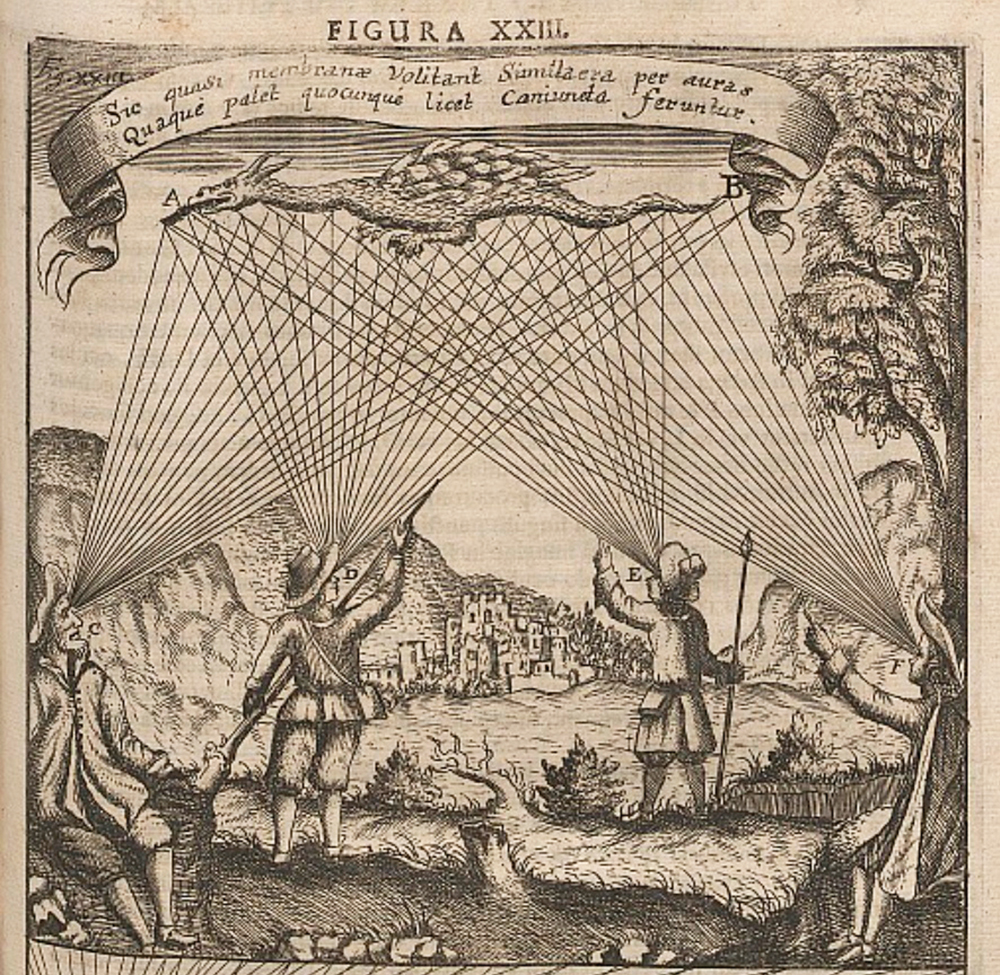This week’s portion of Korach, contains a valuable lesson in overcoming and resolving conflict.
Korach—a cousin of Moshe with leadership qualities—has a penchant for cynical politics. He mounts a rebellion that nearly results in the destruction of the Jewish people. Moshe proposes a solution: Let all those who would desire the priestly leadership offer up incense in the morning, and allow God to make clear who is, indeed, chosen. Although this proposal seems a healthy way to resolve the conflict, something goes wrong. Korach spends the night (see Rashi, Bamidbar 16:19) recruiting the people to his cause, subsequently gathering the entire congregation against Moshe and Aharon.
At this point, God intervenes and—in fulfillment of Moshe’s prediction—brings an earthquake causing the earth to open up and swallow Korach and those closest to him entirely. Then, the rest of the followers from the tribe of Reuven who offered up incense that morning were consumed by a heavenly fire (Bamidbar 16:1–35).
With the rebels completely annihilated by the hand of God this story should be over, right?
Yet the story does not end here. The next morning, the people are still upset, and are still challenging Moshe and Aharon’s leadership! How could they still harbor any doubts after seeing God’s hand weigh in so obviously? At this point, one might have expected God to open up the earth again or bring down the same all-consuming heavenly fire, yet this time, God’s offers a completely different path to resolve this rebellion:
God tells Moshe to gather the leaders of the shevatim all of whom will bring their staffs and place them before the tent of meeting and in the morning a miracle occurred and the staff of Aharon flowered with almond blossoms, thus demonstrating that Aharon was chosen by God as the high priest which, finally, quelled the rebellion and resolved the conflict (Bamidbar 17:1–28).
And one wonders: Why wasn’t an earthquake enough to make the point?
Perhaps the Torah is sharing with us a fundamental lesson regarding conflict resolution: Conflicts are never resolved by force alone; it is only with dialogue and inclusion that we really move past our battles and struggles.
This is not to say that force and even war have no place; sometimes they are necessary. But we should never delude ourselves into thinking we have resolved the issue simply by winning the day.
As an example, peace has reigned in Europe for the past 75 years because the Allies not only won World War II, but also resolved the conflict which needed mediation and dialogue.
In this writer’s opinion, Anwar Sadat finally realized we had won the war, so he brought Egypt to the table and we have had peace with Egypt for almost 50 years. King Hussein of Jordan came to the same conclusion and we have had peace with Jordan for 30 years. And while there is much room for improvement in both those peace treaties, there is much to be thankful for as well.
This is not to say such conflict resolution is impossible without force; if both sides want to find peace, it is possible, but I can’t think of a conflict where that was accomplished without force first prevailing.
And it goes without saying that this is equally true on a personal level. No conflict will ever be resolved, much less end up with a healthy outcome by force alone. Beating up a bully never solves the issue; nor does kicking a child out of class or imposing a solution on a child without any discussion. But force can get the parties to the table for that healthy discussion if employed in the right fashion.
Something to think about … Shabbat Shalom from Jerusalem.
Rabbi Binny Freedman is the rosh yeshiva of Yeshivat Orayta. He is a member of the Mizrachi Speakers Bureau (www.mizrachi.org/speakers). The RZA-Mizrachi is a broad Religious Zionist organization without a particular political affiliation.









